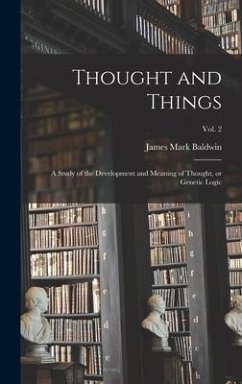
Genetic Responsibility in Germany and Israel
Practices of Prenatal Diagnosis
Herausgegeben: Schües, Christina
Versandkostenfrei!
Versandfertig in 2-4 Wochen
38,00 €
inkl. MwSt.

PAYBACK Punkte
0 °P sammeln!
Prenatal diagnosis, especially noninvasive prenatal testing (NIPT), has changed the experience of pregnancy, prenatal care and responsibilities in Israel and Germany in different ways. These differences reflect the countries' historical legacies, medico-legal policies, normative and cultural identities. Building on this observation, the contributors of this book present conversations between leading scholars from Israel and Germany based on an empirical bioethical perspective, analyses about the reshaping of 'life' by biomedicine, and philosophical reflections on socio-cultural claims and epis...
Prenatal diagnosis, especially noninvasive prenatal testing (NIPT), has changed the experience of pregnancy, prenatal care and responsibilities in Israel and Germany in different ways. These differences reflect the countries' historical legacies, medico-legal policies, normative and cultural identities. Building on this observation, the contributors of this book present conversations between leading scholars from Israel and Germany based on an empirical bioethical perspective, analyses about the reshaping of 'life' by biomedicine, and philosophical reflections on socio-cultural claims and epistemic horizons of responsibilities. Practices and discussions of reproductive medicine transform the concepts of responsibility and irresponsibility.
Dieser Artikel kann nur an eine deutsche Lieferadresse ausgeliefert werden.












